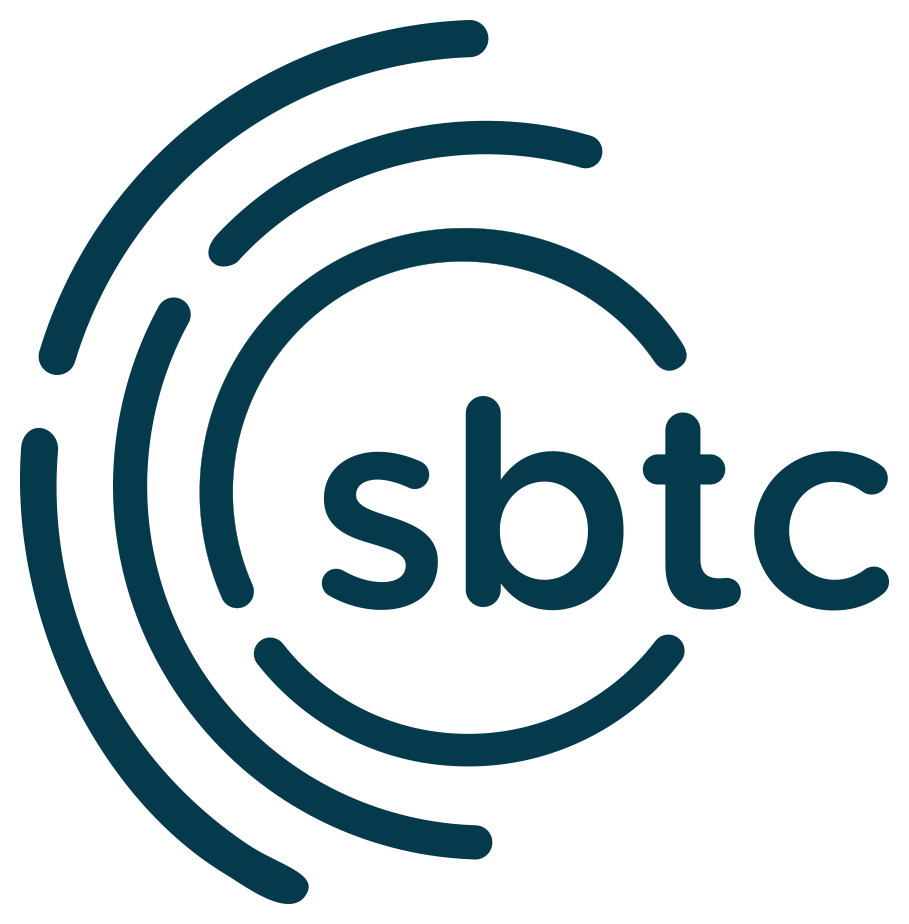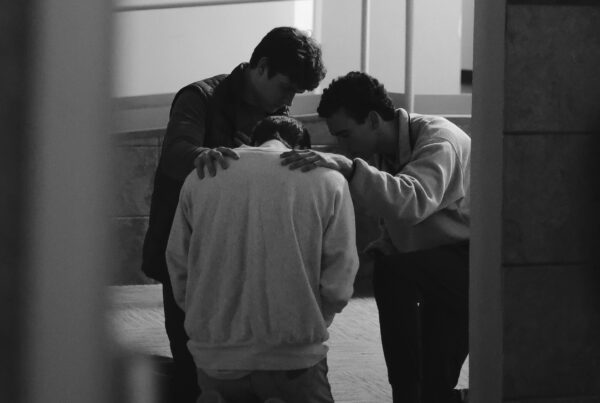This is part 3 of the College Mental Health Kit series by Redeemer College Ministry. They have developed a series of social media posts to equip their students in mental health during this time.
Part One | Part Two | Part Three | Part Four
As we began the discussion on why our physical health affects our mental health, we reflected on the fact that we are body and mind and soul: as a Christian, these two aspects are inseparable. The health (or lack of health) of any single area will positively or negatively affect the rest, so how we care for our physical body affects our thought life and relationship with God!
As our Redeemer staff reflected on this relationship between body, mind and soul, we explored the experiences and changes we had each tangibly felt as we navigated through seasons of poor mental health. Many of our experiences we realized were relatively simple, unambiguous, and almost unanimous: a lack of sleep, low amounts of exercise or outdoor activity, and an unhealthy relationship with food.
When we lack disciplines to maintain basic care for our bodies, our souls and our minds are deeply affected.
Though taking care of our physical bodies feels complicated and usually ends up on the back-burner, it is an incredibly simple and important way we can take care of our mental health. Our staff created 3 simple tools to address these main areas of lack alongside 3 spiritual disciplines. The hope is that our students will better understand how to prioritize their physical health, thus learning to value more and be better equipped to care for their mental health.
Make a plan to sleep at least 7 hours a night.
Sleep is one of the things that we always need more of, but so often say we do not have the time for. However, it is also highly apparent and tangibly felt when not rightly prioritized. Being sure to get a healthy amount of sleep each night (average is 7 to 8 hours) is vital to taking great care of our bodies and thus honoring the Lord fully! Some tips and tricks to planning for a great night of sleep can include creating a night-time routine with a consistent bedtime, ending screen time an hour before bed to start winding down your brain, and making your bedtime earlier to allow for a deeper REM cycle. These tools are ways that you can help yourself, and those around you, really prioritize sleep.
The spiritual discipline that we partnered with this tool of sleep is rest. Though many would argue that sleep is rest,
We would define rest as a period of time where one intentionally pulls away from their day-to-day duties in order to enjoy God and remember that he is in control of all things.
We believe that sleep can be a part of one’s rest, and in itself can be an act of worship when coupled with an acceptance of one’s limits. However, being awake, pausing to enjoy the Lord, and re-centering on the gospel as one’s hope and motivation, is a radically important part of spiritual maturity. The questions this led us to ask ourselves were: What does intentional rest look like today? Where might you be trusting more in yourin accomplishments than in the Lord right now?
Make a plan to be outside and exercise daily.
The challenge of getting adequate exercise (and vitamin D) not only increases our sense of accomplishment as we close our exercise rings on our watch, but also increases our physical health and ability to honor the Lord. However, in the wake of all things COVID-19, this challenge of exercise and outdoor exposure has become more unique. We are not walking from our cars to the office–and back again–or wandering around the grocery store nearly as often. Our weekly yoga and spin and CrossFit classes have been cancelled.
So how do we now engage with this aspect of physical health? We came up with a few safe and easy options. You can increase your Vitamin D intake (and feel that fresh air) by taking books, podcasts, and possibly even work into the backyard or to the park (staying 6 feet apart of course). And you can pursue exercise easily with any of the many free online classes that have been quickly released in the past few months. If you are feeling really up for it and want to get two birds with one stone, go on a walk around your neighborhood for at least 30 minutes. This will get your blood pumping and get you outside in the sun.
The spiritual discipline with which we chose to challenge students alongside planning time outside and exercising, was stewardship.
We defined stewardship as using and enjoying all material and non-material possessions–including one’s physical body and time–in recognition that everything provided is owned by God for his glory.
We believe that in making time to take care for our physical bodies through exercise, we are able to practice one aspect of this discipline of stewardship by recognizing our bodies as made for the glory of God, and caring for it with that service in mind. We challenged our students to ask themselves this question: What in my life has God given to me that I am not currently giving to God (time, body, resources, homes, finances, etc.)?
Make a plan to have a healthy relationship with your food.
One of the easiest aspects of physical health to forgo is our relationship with food–whether that is through unthoughtful eating or idolizing food. These unhealthy habits can look like sticking to a strict and defeating diet, binge-eating to seek comfort, not listening to the signs of our body being full, or even just not caring what we put into our bodies. None of these food relationships are healthy or are honoring the Lord.
However, something to keep in mind is that each person’s nutritional needs are uniquely different–so prescribing a “healthy diet” will not look the same for each person.
One way we can help plan for a healthier relationship is by practicing mindful eating: paying attention to what we eat and how that particular food makes us feel.
We can ask ourselves questions as we eat–Am I full? Am I hungry? Am I eating because I am bored?–and this will help us be aware of our eating habits and needs. We can also engage in better food relationships by getting creative with our recipes and enjoying the tastes the Lord has given us!
Last, we can plan for a better relationship with our food by planning to make meal times, meal times-only: so, avoid multitasking, and try to make it a point to sit at the table as you eat. This will help prevent boredom-eating or overeating, and is another practice of mindful eating!
The spiritual discipline that we explored alongside healthier relationships with food is that of self-examination. Similar in practice to mindful eating, the discipline of self-examination is, at the core, introspection. However, the purpose of this introspection is an active growing in closeness to God and enjoyment of Jesus through honest repentance and reflection on grace. This discipline, if done often and thoroughly, will help reveal to us the comforts we cling to, as well as the habits we engage in, that continually pull our gaze from the good news of Jesus Christ. We challenged our students to ask themselves: What would it look like to incorporate self-examination prayer into my daily life?
What is next?
Are you as a staff actively presenting tools to your students, to encourage them in caring for their physical health? Are you, as a staff member, exemplifying to your students what it looks like to pursue physical health as an aspect of godliness?
What ways have you done these things? Which have been the most challenging? Why? Please comment below!
Redeemer College has been generous and is offering FREE social media graphics for you to use in your ministry to college students to help educate and equip your students to deal with mental health. Get your FREE graphics







